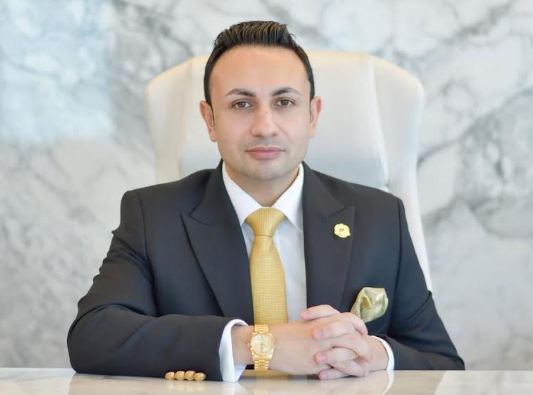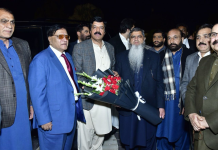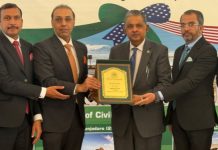ISLAMABAD, SEPT 16 /DNA/ – Prime Minister’s Coordinator for Tourism, Sardar Yasir Ilyas Tuesday said that Pakistan, blessed with natural beauty, historic monuments, rare cultural heritage, ancient festivals, and diverse religious sites, is a paradise for tourists and has the potential to earn $30–40 billion annually through tourism if developed on modern lines.
Sardar Yasir said Prime Minister Muhammad Shehbaz Sharif’s decision to grant tourism the status of an industry is a historic and far-reaching step that will strengthen the economy and enhance Pakistan’s global image. “Tourism has been neglected for a long time, especially after the 18th Constitutional Amendment, when provinces made individual efforts. Now a comprehensive strategy has been prepared to revive and promote the sector,” he added.
Under this plan, the National Tourism Coordination Board will be revived and restructured to ensure harmony between the federation and provinces.
To attract investment, the government has decided to lease inactive government properties to local and foreign investors for 50 to 60 years for tourism-related projects. Digital tourism portals are also being developed where visitors will find details about attractions, hotel bookings, weather updates, and essential travel information, he added.
Sardar Yasir announced a new international branding slogan for Pakistan:
“Pakistan: Where Beauty Greets, History Speaks, and Adventure Leaves.”
He said this will project Pakistan’s diverse opportunities, including medical tourism, religious tourism, adventure tourism, and eco-tourism.
He stressed that deforestation and climate change pose grave threats to tourism and the environment. Large-scale afforestation and removal of encroachments on rivers and lakes are vital to protect the ecosystem. He said climate change is a global tragedy, but in Pakistan, forest cutting directly endangers both biodiversity and tourism.
Listing upcoming initiatives, he said projects are being considered at F-9 Park and Lake View Park in Islamabad, including food streets and three mini-parks. A safari forest in Fateh Jang and several other tourism ventures are also under review.
On religious and cultural tourism, he said the government is paying special attention to providing more facilities for Sikh pilgrims. Gurdwaras and Buddhist sites will be restored and handed over to their respective communities, along with necessary facilities for caretaking and worship.
Sardar Yasir noted that Pakistan’s visa policy has been greatly simplified. Tourists from 126 countries can now obtain online visas, visa fees have been abolished, and further facilitation is underway. He said foreign tourists are always astonished by Pakistan’s landscapes, cultural heritage, and hospitality, and the government’s goal is to ensure more travelers discover this “hidden paradise.”
He underlined that tourism has never been marketed properly in Pakistan. “Countries like Uzbekistan, Kazakhstan, and Azerbaijan attract millions of tourists annually despite offering less geographical diversity and fewer seasons than Pakistan. We must highlight our unmatched potential globally,” he said.
He also revealed that the government plans to promote Pakistan’s image abroad through social media and vlogs, which are powerful tools to inspire international travelers.

















